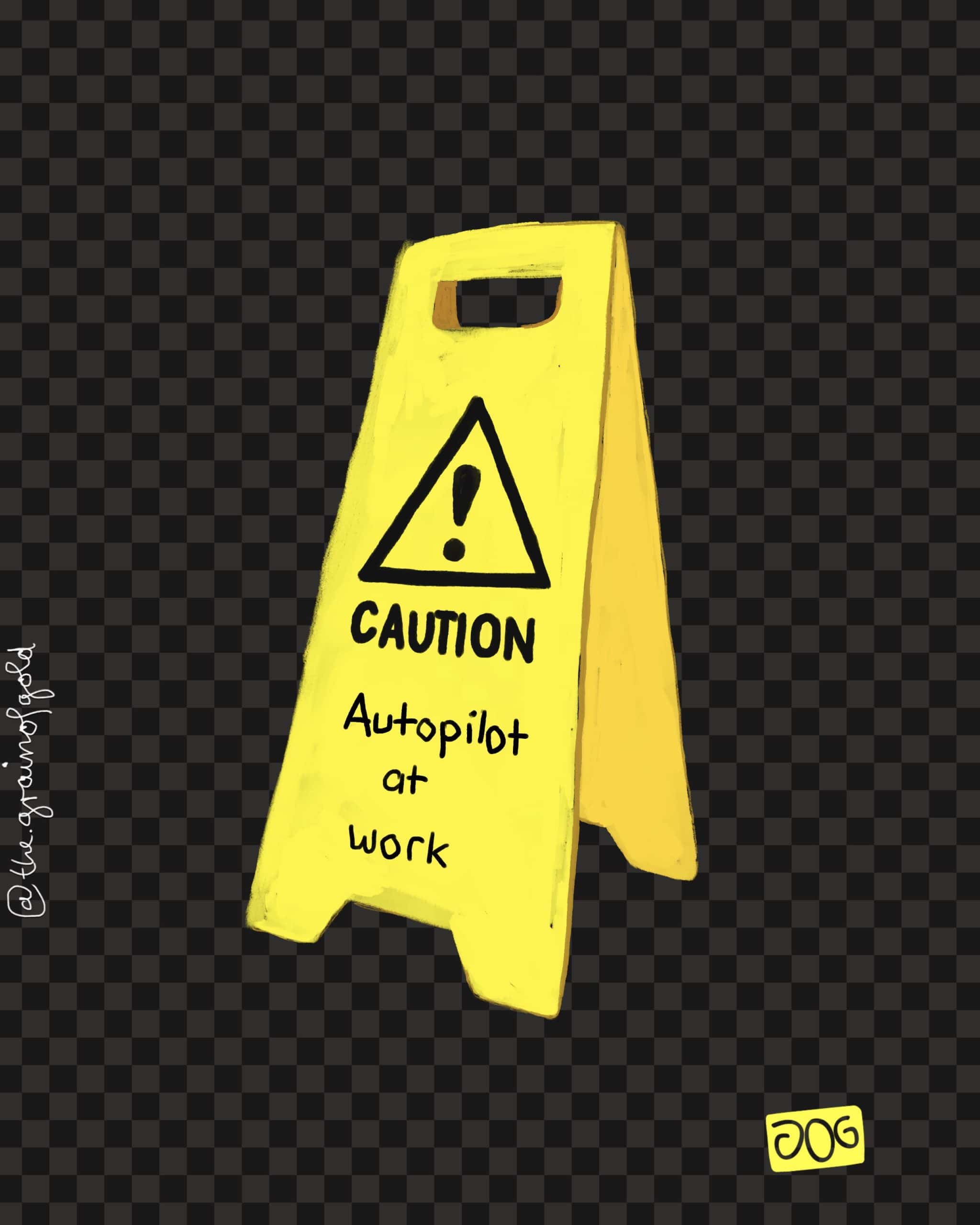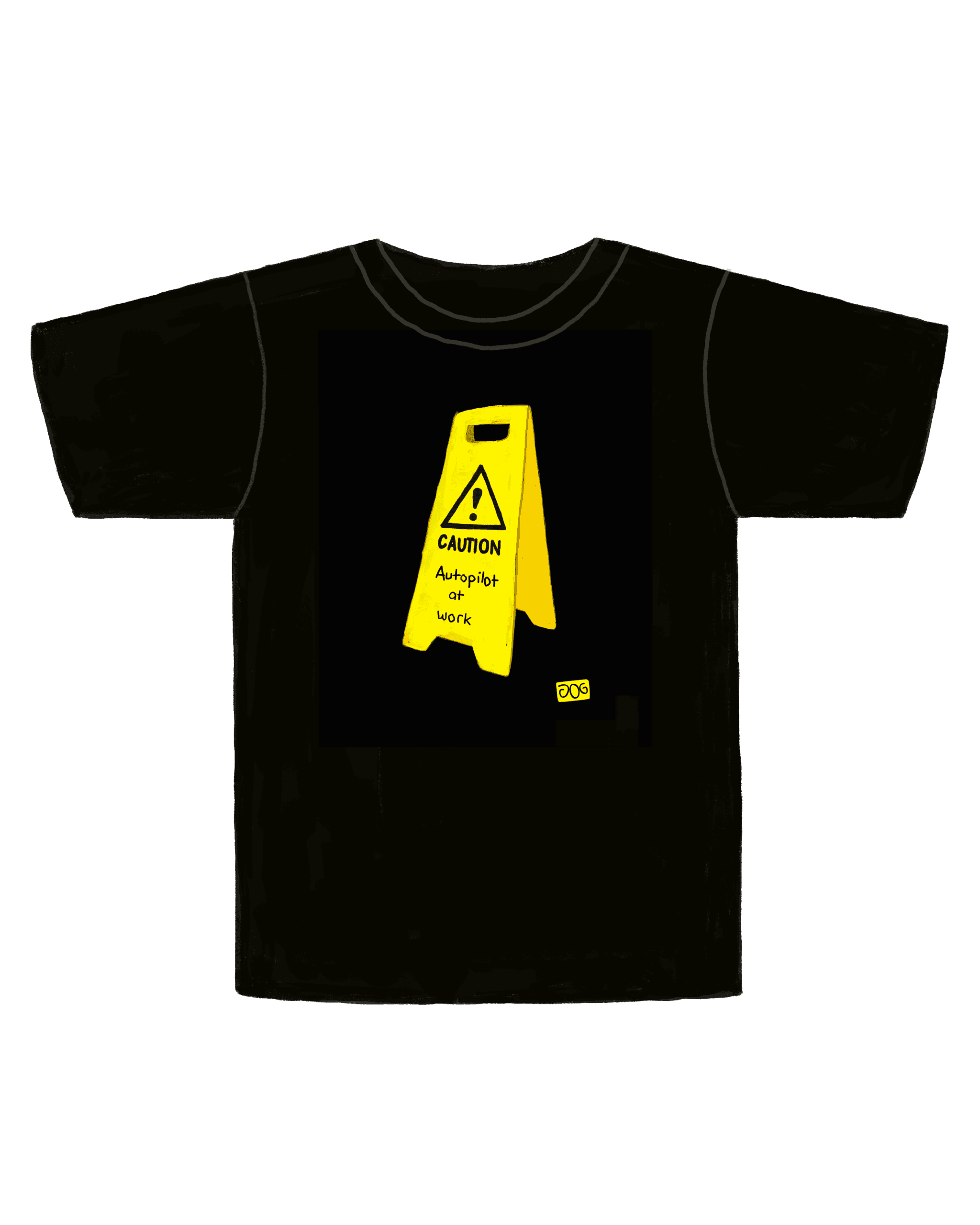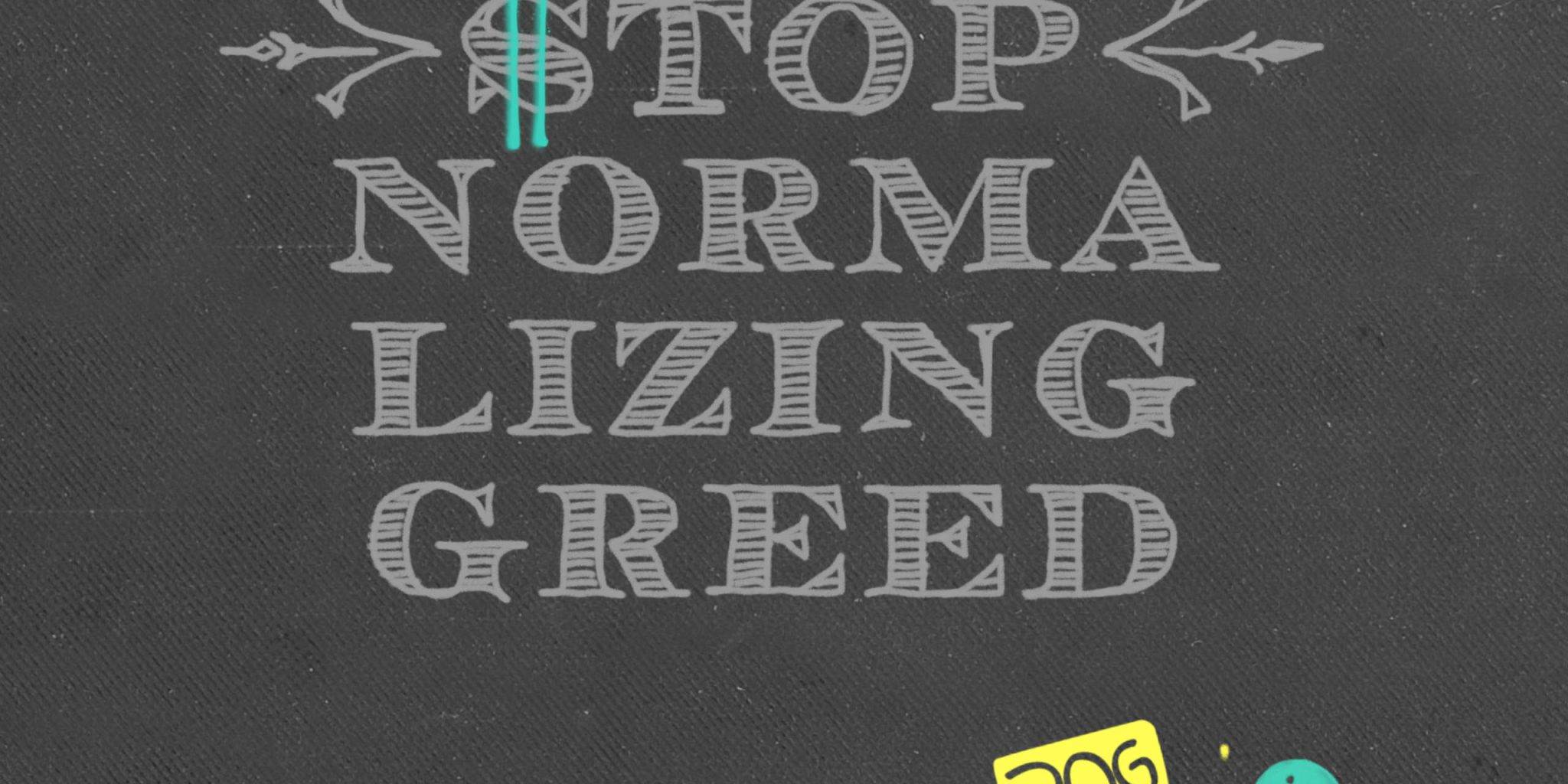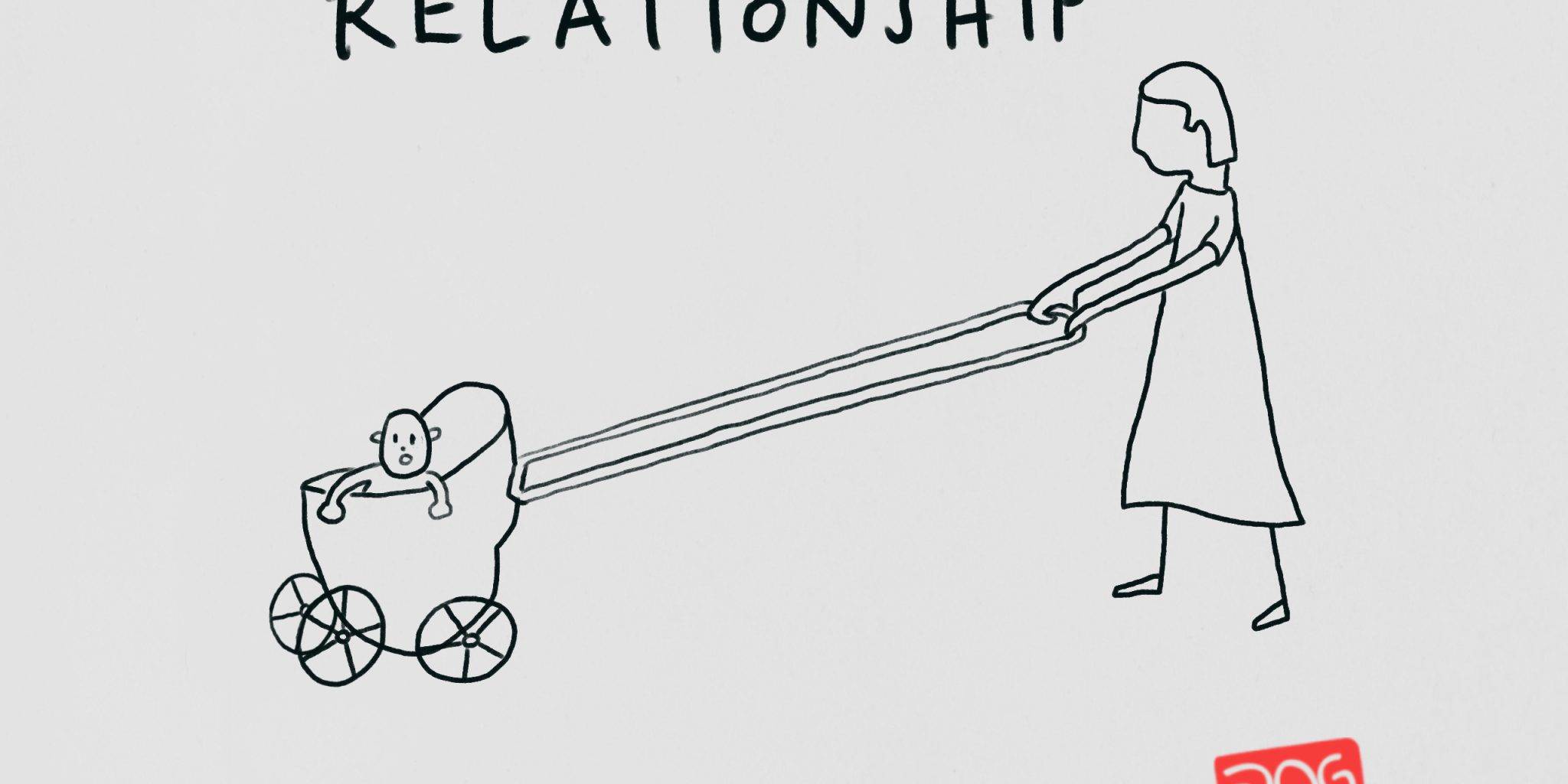Caution: Autopilot at work
Dear Fellow Empaths,
As people who naturally tune in to others’ emotions, we empathize deeply and often seek to help. But when it comes to those operating on autopilot, we can end up carrying a weight that isn’t ours to bear. Why? Because the autopilot in people clings to familiar, comfortable patterns they’ve been conditioned to follow, bypassing the discomfort and growth that come with genuine inner work.
An autopilot mode is a kind of mental cruise control that keeps people from actively engaging with their inner lives. It’s the part of them that prefers the known over the unknown, even if that unknown holds the potential for real change. Autopilot makes people blind to the harm or burden they may be placing on others, even unintentionally. Without self-awareness, they continue running on habits and routines, oblivious to how their behavior impacts those around them—often including the environment, and sometimes even the world.
As empaths, we can end up carrying a weight that isn’t ours to bear.
How Autopilot Patterns Impact Others
Autopilot behavior is often deeply ingrained, fed by conditioning from past experiences, family dynamics, and social expectations. These patterns are hard to break because they feel safe and familiar. But this comfort comes at a cost, not only to the person on autopilot but to those who interact with them.
When people avoid facing their unresolved issues, someone else—often empathetic souls like us-ends up bearing that weight. We’re the ones who pick up on their pain, frustration, or fears, which they’ve left unprocessed. We might end up taking responsibility for their moods, feelings, or even their life problems. It’s like emotional heavy lifting, and over time, it can leave us feeling drained, exhausted, and even resentful.
Recognizing the Signs of Autopilot Behavior
One of the challenges of interacting with people on autopilot is that they’re usually unaware of it. They don’t consciously choose to act this way, and they often have little to no idea of the impact they’re having on others. But there are signs that we, as empaths, can look out for:
- Projection: They see their own unresolved issues in others. For example, someone carrying unresolved anger might accuse others of hostility or aggression without recognizing that these are their own feelings.
- Blame Shifting: Instead of facing their own mistakes, they’ll point fingers, sometimes subtly and other times quite obviously. It’s a way of avoiding accountability, leaving others to carry the guilt or shame they won’t acknowledge.
- Manipulation: This can take various forms, from guilt-tripping to passive aggression. People on autopilot may manipulate situations to maintain control or protect their self-image, often without realizing the effect on those around them.
- Emotional Drain: If you feel consistently exhausted or emotionally weighed down after interacting with someone, it might be a sign they’re in autopilot mode. This draining sensation is often the result of them unloading onto you without reciprocating emotional support.
Autopilot patterns are hard to break because they feel safe and familiar.
Caution: Autopilot at Work—Approach with Care
When you spot these patterns, it’s essential to approach with caution. We don’t have to cut people off or abandon our natural empathy, but we do need to set boundaries. Remember: your empathy is a gift, not a tool for others to exploit unconsciously.
One of the biggest challenges for empaths is recognizing where our responsibility ends and another person’s begins. If someone is on autopilot, they’re not actively choosing to engage in growth, which means they’re not ready to confront their patterns. Pushing them to do so could result in defensiveness, denial, or even further projection.
Instead, try practicing these protective steps:
- Recognize What’s Yours to Carry: When you sense someone’s pain or unresolved issues, remind yourself that you don’t have to take it on. Acknowledge their feelings without internalizing them.
- Set Boundaries with Kindness: Empaths often struggle with boundaries because we don’t want to hurt others. But boundaries can be kind, too. Politely excuse yourself from conversations that feel draining, or gently redirect the topic when you sense projection.
- Practice Self-Care as a Priority: Tuning into others’ feelings all the time can wear us down. Take time to recharge, reflect, and refocus on your own needs.
- Offer Compassion, Not Solutions: We may want to help people see their patterns, but that’s not always our role to play. Offer understanding, but avoid stepping in to “fix” things, as this can deepen the cycle of dependency.
- Empower Through Awareness: If the relationship allows, you might gently encourage self-awareness in the person. Comments like, “It seems like this situation really frustrates you,” or “I notice this pattern seems to come up often,” can spark self-reflection if they’re open to it. But remember, it’s not your job to make them see it.
Protecting Your Empathy, Protecting Your Energy
Empathy is precious, but it’s also a responsibility to ourselves. As empaths, we’re naturally sensitive to the needs and feelings of others, but we’re also sensitive to the effects of neglecting our own boundaries. To avoid the trap of carrying what isn’t ours, we need to protect our energy by tuning into our own needs as often as we do with others.
Embracing self-care isn’t selfish; it’s necessary. As we work to nurture ourselves, we become stronger, more grounded, and better able to help others—without absorbing their burdens. And by learning to recognize autopilot behaviors in others, we can move with greater awareness, honoring our empathy without sacrificing our well-being.
Approach with Care
Our empathy is a gift that allows us to connect deeply with others. But empathy without boundaries leaves us vulnerable to the weight of others’ unresolved patterns. So, let’s approach with compassion but remember to look after ourselves, too.
Dear Empaths: Caution: Autopilot at work. Let’s approach with care, set boundaries with love, and carry only what is truly ours
You may also like
Stop normalizing greed
The normalization of greed in society…
Play nice
From a young age, we’re taught to "play…
Long-distance Relationship
This is an observation I made while…






